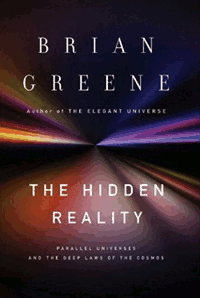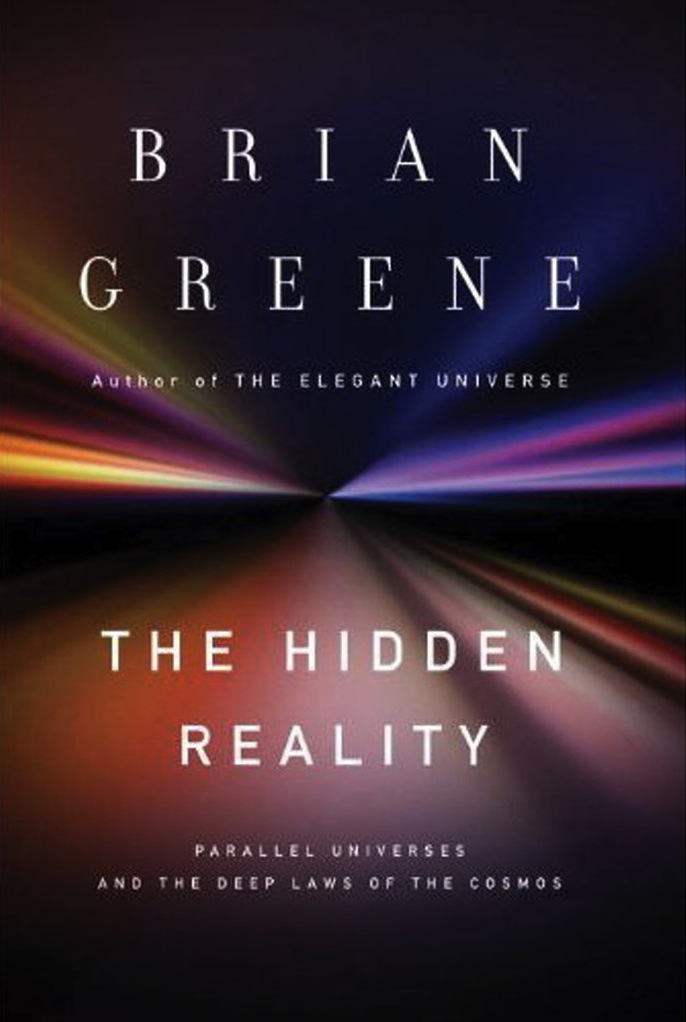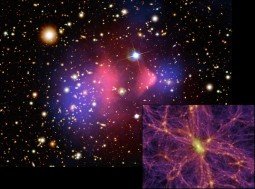 The concept of a parallel universe, a universe remarkably like our own but with some subtle difference, has been the staple of science fiction stories for years. But it is an idea that is seriously discussed in real science starting many decades ago when physicists wrestled with the weird implications of Quantum Mechanics, and recently has appeared in many other guises in other areas of physics. One of the leading scientists in studying these ideas and explaining the mind-bending concepts to non-experts is Professor Brian Greene. Dr. Greene is professor of physics and mathematics at Columbia University and co-founder and director of the Institute for Strings, Cosmology and Astroparticle Physics. He has written the books The Elegant Universe and The Fabric of the Cosmos, both of which were adapted into mini-series on NOVA, and his most recent book is The Hidden Reality: Parallel Universes and the Deep Laws of the Cosmos. We talk with him about the different concepts in modern day physics that point to the possibilities of parallel universes, what they may be like, and what observations and measurements may be able to prove or disprove their existence. (you can hear the extended interview with Dr. Greene)
The concept of a parallel universe, a universe remarkably like our own but with some subtle difference, has been the staple of science fiction stories for years. But it is an idea that is seriously discussed in real science starting many decades ago when physicists wrestled with the weird implications of Quantum Mechanics, and recently has appeared in many other guises in other areas of physics. One of the leading scientists in studying these ideas and explaining the mind-bending concepts to non-experts is Professor Brian Greene. Dr. Greene is professor of physics and mathematics at Columbia University and co-founder and director of the Institute for Strings, Cosmology and Astroparticle Physics. He has written the books The Elegant Universe and The Fabric of the Cosmos, both of which were adapted into mini-series on NOVA, and his most recent book is The Hidden Reality: Parallel Universes and the Deep Laws of the Cosmos. We talk with him about the different concepts in modern day physics that point to the possibilities of parallel universes, what they may be like, and what observations and measurements may be able to prove or disprove their existence. (you can hear the extended interview with Dr. Greene)
Hosts: Joel Parker, Jim Pullen
Producer: Joel Parker
Engineer: Jim Pullen
Executive Producer: Shelley Schlender
Listen to the show:
Podcast: Play in new window | Download (Duration: 24:27 — 22.4MB)
Subscribe: RSS





 Russian Meteor (starts at 4:28) Just a few days ago on February 15th, a large meteor broke up in the skies over Russia, creating an air blast and sonic boom, which caused damage to buildings that injured over 1,000 people. We talk with
Russian Meteor (starts at 4:28) Just a few days ago on February 15th, a large meteor broke up in the skies over Russia, creating an air blast and sonic boom, which caused damage to buildings that injured over 1,000 people. We talk with  Dark Matter (starts at 12:45) Maybe you’ve heard about it. Maybe you even know that it is everywhere throughout the universe. But for such a ubiquitous material, what do you really know about Dark Matter? If the answer is “Not much,” don’t worry, you are in good company; many scientists would say the same thing. But, you’re in luck because we have
Dark Matter (starts at 12:45) Maybe you’ve heard about it. Maybe you even know that it is everywhere throughout the universe. But for such a ubiquitous material, what do you really know about Dark Matter? If the answer is “Not much,” don’t worry, you are in good company; many scientists would say the same thing. But, you’re in luck because we have